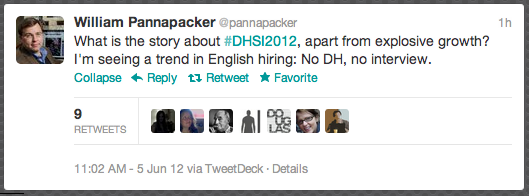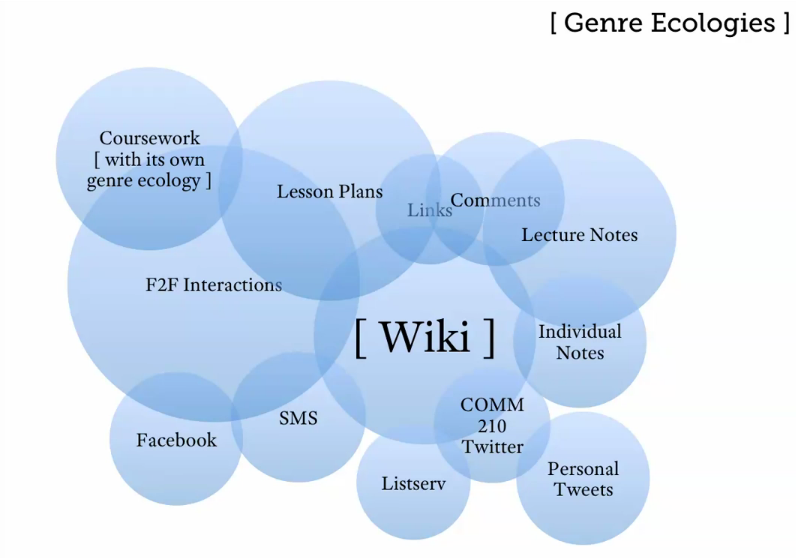(This is a riff off of Kathleen’s post on seriality and may make more sense if you read that first.)
One of the years that I was in graduate school, the Computers and Writing conference was held in Hawaii, a fact that drove me bananas. Bad enough that it happened every year at the end of the fiscal year (guaranteeing the absence of travel funding), and bad enough that I could barely afford any conferences, but to hold it in a place that was extra expensive to get to? So, one evening, I went on this prodigious rant in front of a couple of friends, enumerating all of these points and more–apparently, at some point I convinced myself that I’d made two points and needed to gear up for a third. I said, “And C…Hawaii?!?!” (imagine this in my best whatever voice) whereupon we all collapsed in laughter. After that point, regardless of how many items were on the list, “C. Hawaii?!?!” became our way of poking holes in each others’ will-to-rant. (It works best, I find, if I number my points, and then break out the C.) And I still think about it from time to time, if I get particularly wound up about something, and need a way to defuse. So clearly, it’s a charter member of my Inside Joke Hall of Fame.
Inside jokes are interesting to me, in that we talk about them primarily as a strategy for patrolling the boundaries of a given social …


